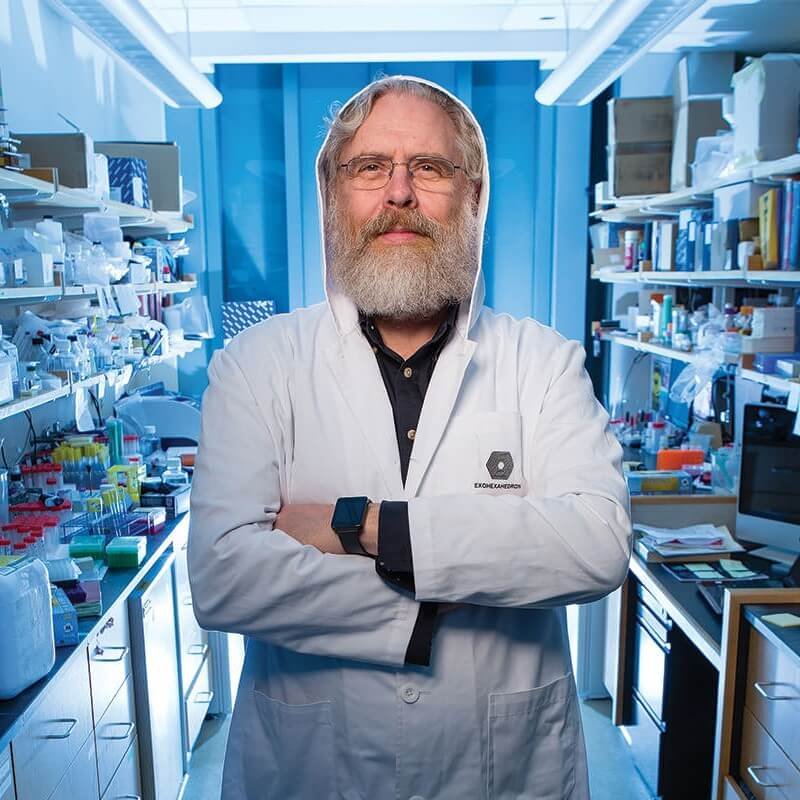Harvard biologist George Church burst into the headlines (yet again) [recently] when he helped organize a closed-door meeting of scores of top scientists to discuss accelerating efforts to create synthetic DNA — including a complete human genome. They’re considering launching a decade-long drive to build, from scratch, all the genes that make humans human.
But that’s nothing new for Church. He has been stirring controversy, and excitement, in the scientific community for decades. Here’s what you need to know.
Who is George Church?
Charles Darwin explained how species evolve. Church wants to turbocharge that process by putting new genes into organisms rather than waiting around for them to evolve those genes on their own. For instance, he is using CRISPR…to alter 62 pig genes at a time, which might allow their organs to be transplanted into people without being rejected.
…
Why would he want to create entire genomes from scratch?
Church has…talked about how building a de novo genome (which would require creating about 3 billion chemical letters) might, eventually, be easier than using CRISPR to edit, say, a big-muscle gene, or an HIV-AIDS-resistance gene.
At a recent genomic hackathon in Cambridge, Mass., he said that “someday we’ll build genomes that are resistant to cancer.”
The GLP aggregated and excerpted this blog/article to reflect the diversity of news, opinion, and analysis. Read full, original post: George Church has a wild idea to upend evolution. Here’s your guide































